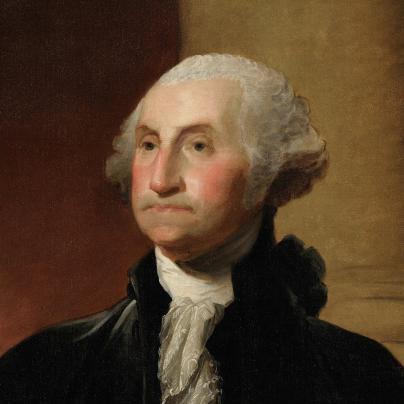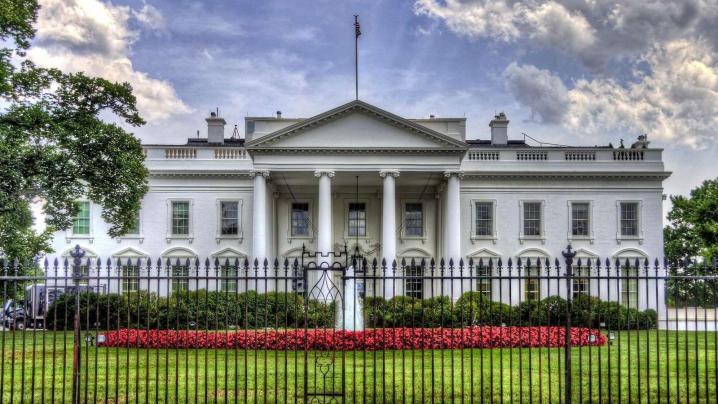What is Presidents’ Day, Anyway?
February 7, 2023
A few short days from now, Saint Joseph High School will celebrate a wonderful break from academics, thanks to a four-day weekend. Yet admittedly, many students likely haven’t thought too much about why we celebrate the mid-February holiday known as Presidents’ Day, or any of its history. Well before you sleep in, relax, and tune out car dealerships’ many seasonal sale commercials, take a moment to read on and learn a little more about the patriotic day.
Like many American holidays, Presidents’ Day began life as an unofficial tradition celebrated across the country. However, its current meaning as a day to celebrate all 45 of our commanders-in-chiefs (and yes, there were only 45 men to serve as president despite the official count of 46, since Grover Cleveland served two non-consecutive terms, and is counted as 22 and 24) began only recently. Instead, the day began as a celebration of George Washington’s birthday on February 22.

By the 1870s, Congress took notice of the celebrations, and perhaps wanting to foster a sense of national unity after the Civil War, passed a measure to formally recognize Washington’s Birthday as a national holiday. It was the first American holiday to ever celebrate an individual, and it would be the only one until Martin Luther King Day’s emergence in the 1980s. From here, the day was celebrated with standard patriotic fare. Notably, during the Great Depression, the day took on a renewed meaning as a celebration of America, hope, and history, as the country struggled mightily due to the decade-long economic crisis.
However, in the 1960s, the holiday began to morph from this celebration of the nation’s first president to what we know today. Why? Curiously, it was a complete accident. In 1968, Congress passed a bill called the Uniform Monday Holiday Act, which mandated that federal holidays like Labor Day, Veterans Day, Memorial Day, and Washington’s Birthday were celebrated on Mondays, in order to give workers three-day weekends, and allow stores and businesses run special sales and deals. Yet unlike the other holidays, which saw this act affect them with little change to their meaning (although Veterans’ Day was moved back to November 11 due to controversy), Washington’s Birthday didn’t meet the same fate. Because Abraham Lincoln’s birthday was also in February, and had been celebrated similarly to Washington’s, particularly in black communities, many Americans assumed that the change was made to celebrate both men. Businesses amped up sales as well, labeling the day Presidents’ Day, and this title quickly became the de facto holiday name to most Americans.
By the 2000s, most states had changed the official holiday name to Presidents’ Day on their calendars. Notably, this allowed some states to celebrate other Presidents or Americans specifically, in addition to Washington. Arkansas, for example, celebrates Washington and activist Daisy Gatson Bates. And Alabama, instead of celebrating Lincoln, celebrates Washington and Thomas Jefferson, who’s birthday is in April (it seems they’ve taken the Civil War loss harder than their loss to LSU this year). But while Washington and Lincoln remain the two presidents most celebrated nationwide, the day is most often a day to celebrate the contributions of all of the U.S’s presidents and their leadership.
This Monday, on your day off, I’d encourage you to take a little time to remember why we celebrate this day. All of the leaders who’ve served time in the White House have had unique contributions to the country, and are truly fascinating to learn more about, and those in the future will as well. While it may be challenging to embrace all of the nation’s past leaders in this time of partisanship, let’s take this day to remember the positive things that have made America what it is today – and work to continue making the nation a better place for all.


